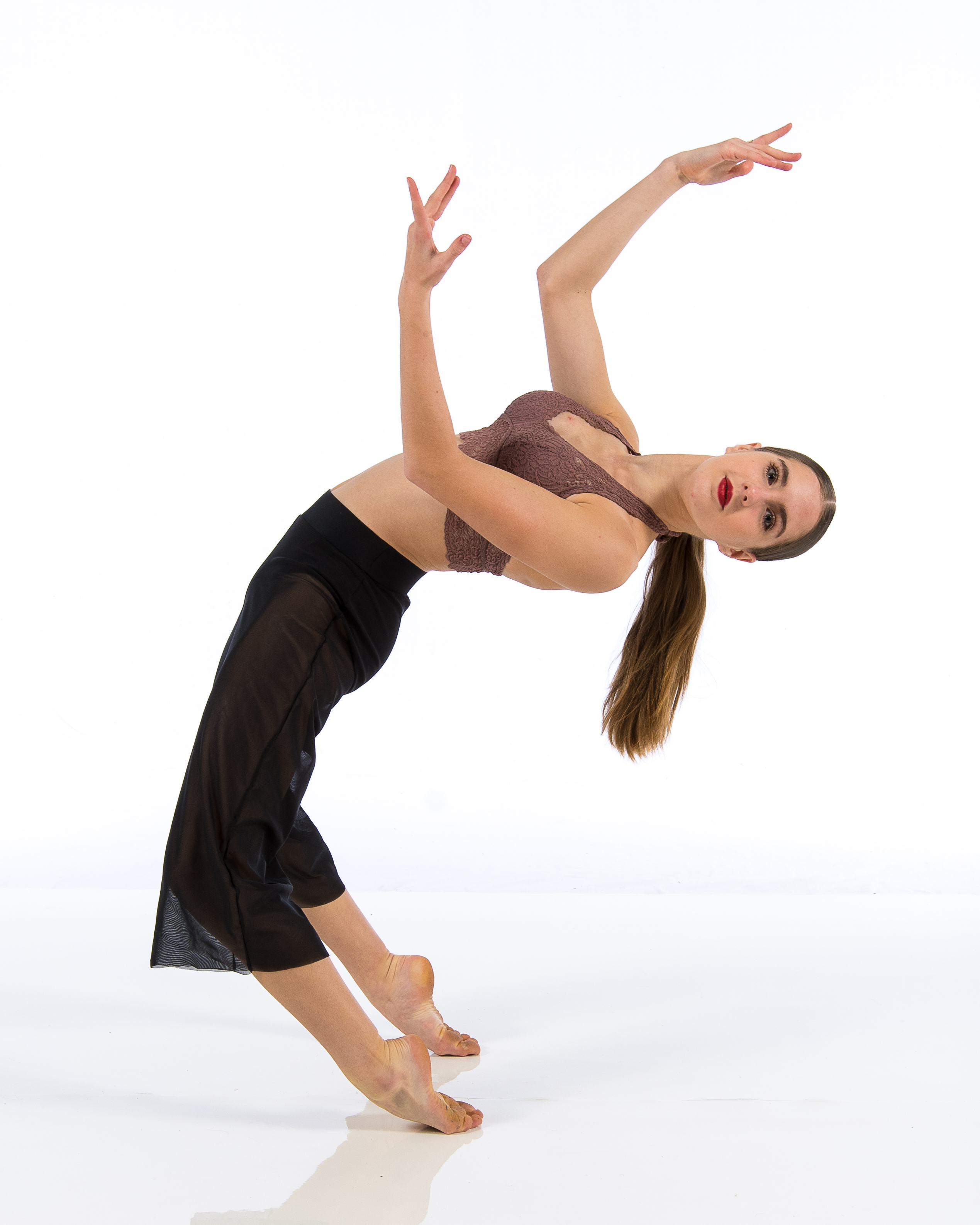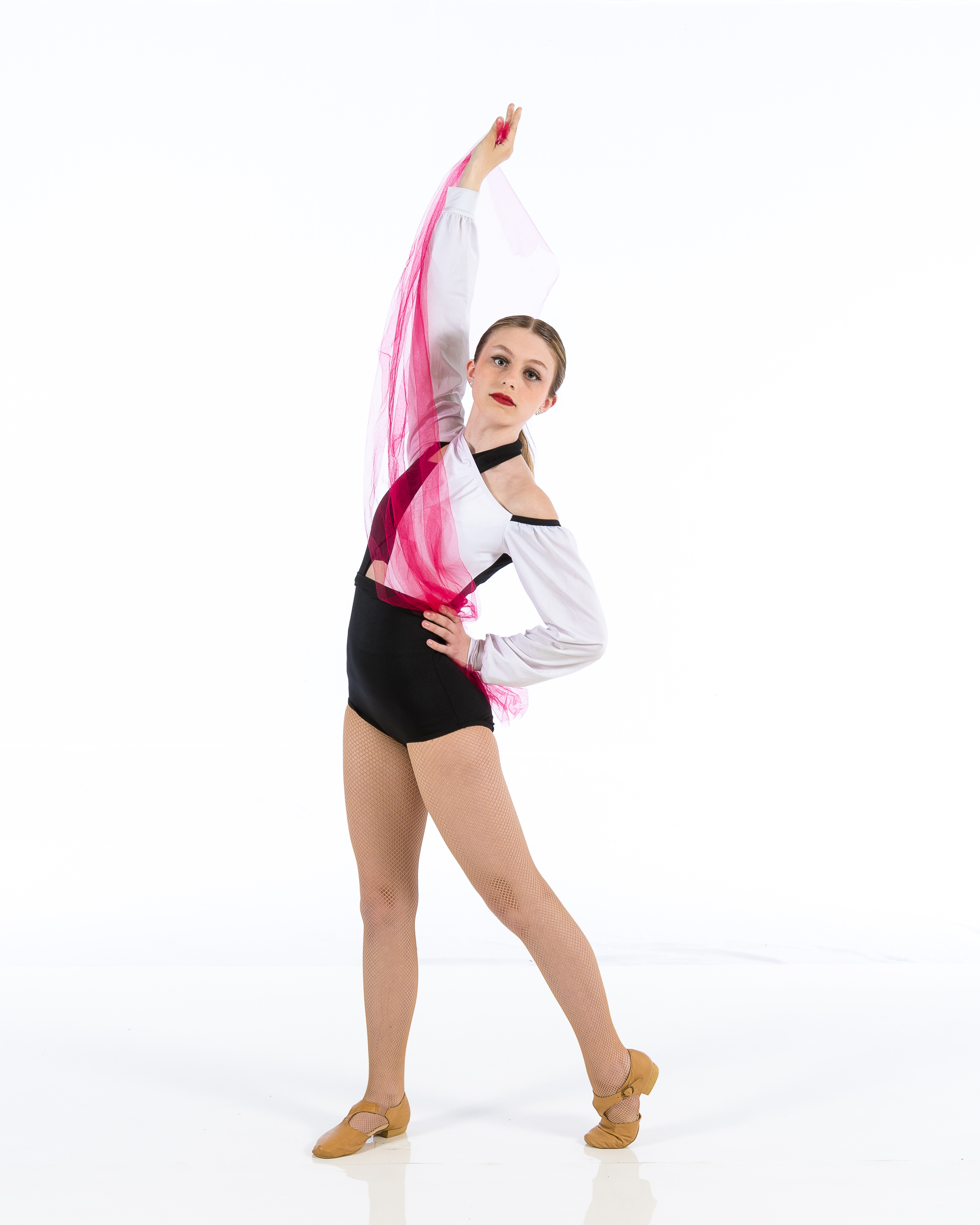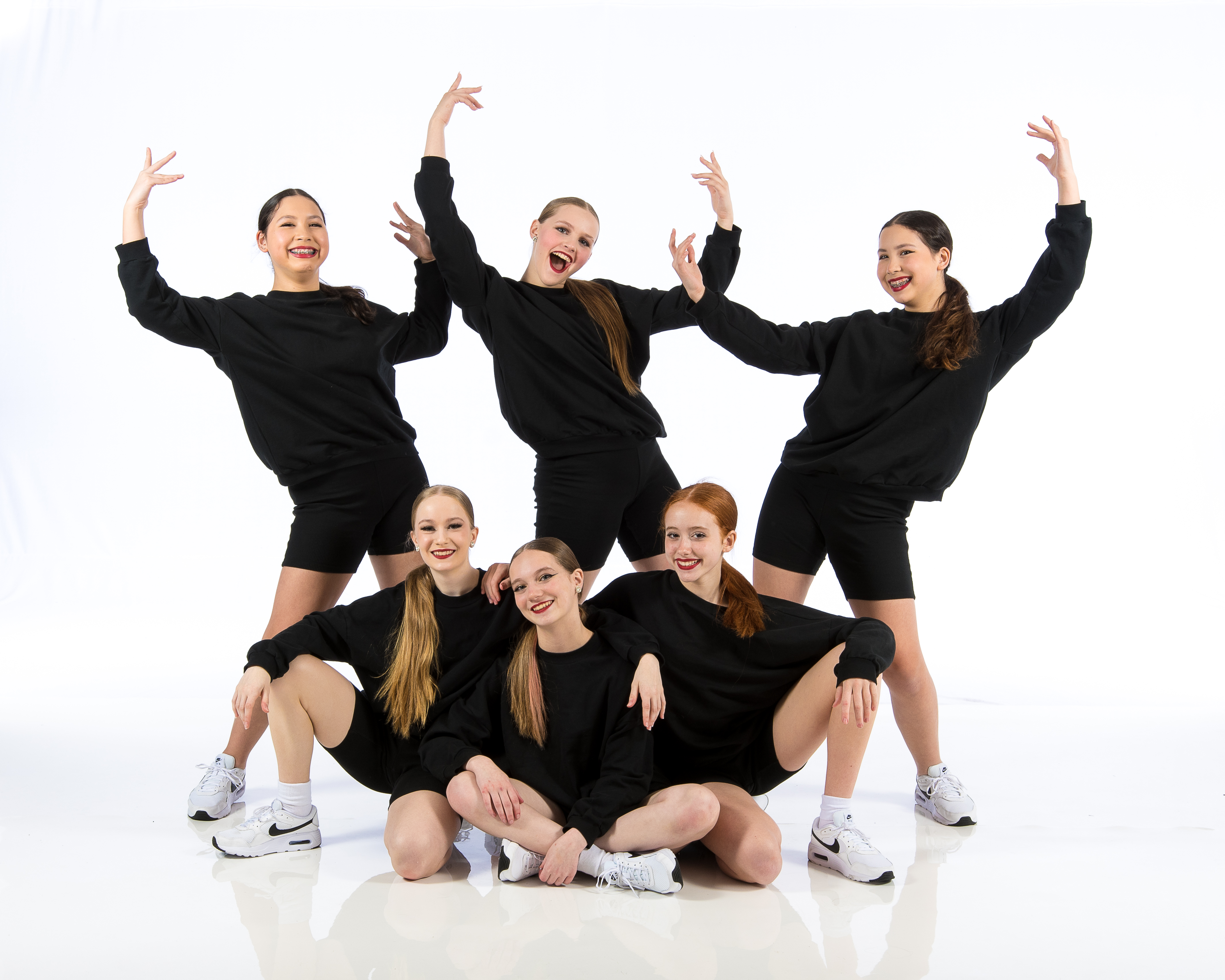Introduction
Dance is an art form that goes beyond barriers, joins areas, and ruptureds with the vitality of human expression. Whether you're a budding dancer stepping into a dance studio for the very first time or a seasoned performer seeking to improve your craft, understanding dance studio rules is necessary for making sure a favorable experience. This substantial guide labelled From Beginner to Expert: Navigating Dance Studio Etiquette for a Harmonious Experience will take you with every aspect of dance studio behavior, providing understandings that will raise your experience and foster more powerful partnerships within the dancing community.
Understanding Dance Studio Etiquette
What is Dance Studio Etiquette?
Dance studio decorum describes the set of customs and social norms that govern habits in a dance class setting. Much like any type of other artistic environment, respecting these standards can boost not only your discovering experience however likewise that of your peers.
Why is Dance Studio Rules Important?
Adhering to proper rules assists produce an environment of regard, focus, and partnership. It fosters a feeling of community and enables dancers to support each various other in their development while lessening interruptions during class.
From Newbie to Specialist: The Importance of First Impressions
Preparing for Your Very first Class
Walking into a dance studio for the very first time can be stressful. To make a memorable impression:

- Dress appropriately: Wear comfortable clothes ideal for the kind of dance you're studying. Arrive early: Purpose to get to the very least 10-- 15 minutes prior to class begins. This provides you time to sign in, heat up, and settle in.
Greeting Your Instructor
A friendly welcoming collections the tone for your experience. Constantly present yourself if it's your extraordinary! A simple "Hello there" or "Good morning" can go a long method in developing rapport.
Classroom Conduct: The Do's and Do n'tshtmlplcehlder 46end.
Do's: Positive Behaviors
Be Respectful: Respect every person's individual room-- especially when practicing moves. Listen Actively: Show attentiveness when instructors are speaking; it reveals you value their guidance. Support Your Peers: Motivate fellow professional dancers; positivity types encouragement.Don'ts: Unfavorable Behaviors
Avoid Disturbances: Maintain personal conversations outside the classroom. Don't Use Your Phone: Silence your phone throughout class; it's disruptive. Refrain from Interrupting: Wait till the trainer surfaces prior to asking questions.The Function of Personal Area in Dance Studios
Understanding Boundaries
Personal room varies from one person to another, particularly in a dance setup where physical proximity is typically needed throughout method routines.
Communicating Convenience Levels
If you really feel uncomfortable with exactly how close an additional dancer is getting throughout partnered workouts or developments, it's essential to communicate this politely and professionally.
Maintaining Professionalism and reliability: Outfit Code and Grooming
Importance of Correct Attire
Each dance design usually has its very own dress code-- whether it be leotards for ballet or loose-fitting apparel for hip-hop classes-- sticking to these standards demonstrates regard for both your craft and your instructor.
Personal Hygiene Matters
Dancing needs physical effort, which can result in perspiration. Guarantee you maintain excellent hygiene by showering prior to class and putting on tidy attire.
Behavior Throughout Class: Focusing on Learning
Engaging with Instruction
It's important to stay focused throughout demos. Rather than simply seeing, proactively involve by envisioning how you would certainly perform each movement.
Asking Questions Appropriately
Curiosity boosts finding out! If something isn't clear, feel free to ask inquiries-- but guarantee they matter and posed at suitable times (preferably after directions).
Feedback: Embracing Useful Criticism
Accepting Feedback Gracefully
Constructive objection is component development in any kind of art kind. Accept comments with an open mind and prevent becoming defensive; keep in mind that review aims to aid boost your skills!
Offering Responses Thoughtfully
When offering responses to peers, guarantee it's positive as opposed to essential; focus on what they did well along with areas for improvement.
Creating Harmony Through Teamwork
The Value of Group Spirit
In numerous dancing styles, synergy plays a crucial function; establishing sociability with fellow professional dancers causes improved performances.
Collaborating During Group Exercises
When associated with team projects or choreography practices, motivate creativity by appreciating everyone's concepts while likewise contributing yours constructively.

Handling Disputes Gracefully
Addressing Differences Maturely
Conflict might arise due to misunderstandings or varying opinions on choreography options. Deal with these concerns privately rather than openly broadcasting complaints Dance Studio which might interrupt class harmony.
Seeking Arbitration When Necessary
If problems intensify past individual resolution efforts-- look for guidance from teachers who can moderate efficiently based on their experience taking care of comparable situations.

Post-Class Etiquette: Leaving on an Excellent Note
Thanking Trainers After Class
Always express gratefulness in the direction of your instructor after lessons; this reinforces favorable partnerships while recognizing their tough work!
Keeping the Studio Clean
Whether it's getting canteen or nicely organizing props post-class-- maintaining cleanliness lionizes for common spaces made use of by all dancers!
Engaging Beyond Class Time: Structure Community Relationships
Joining Social Events
Participate in gatherings organized by workshops such as displays or open houses-- these events offer possibilities for networking while boosting community ties outside structured lessons!
Supporting Fellow Dancers' Performances
Attending peers' performances shows solidarity within the dance neighborhood-- it motivates involvement past simple presence at classes!
Frequently Asked Questions (FAQs)
1. What should I use for my initial dancing class?
Select comfortable outfit appropriate for the specific design you're taking (e.g., leotards for ballet). Always ask about gown codes beforehand!
2. Is it okay to chat throughout class?
It's ideal method not to participate in side conversations during guideline as this distracts both instructors & & fellow students alike!
3. Exactly how do I manage feeling overwhelmed?
Take deep breaths & & remind yourself that every professional dancer started someplace! Connect any type of have problem with trainers who may offer additional help if needed!
4. What happens if I disagree with choreography choices?
Express issues respectfully either independently or within marked feedback sessions rather than freely critiquing during practice sessions; maintaining professionalism and reliability helps deal with disputes amicably!
5. Need to I bring water into the studio?
Absolutely! Staying hydrated improves performance degrees; simply ensure containers are safely closed so spills do not happen on floors where others are dancing!
6. Exactly how crucial is punctuality?
Punctuality is critical as showing up late disrupts concentration levels while causing distractions; goal always arrive early adequate allowing time workout correctly before classes commence!
Conclusion
Navigating via a dance studio environment can appear daunting at first glimpse however mastering correct decorum eventually changes one's trip from newbie condition towards professional degree creativity! By sticking very closely well-known actions laid out throughout this overview labelled From Newbie To Expert: Browsing Dance Studio Rules For A Harmonious Experience *, you'll grow vital friendships within areas enriched creative thinking while honing technological prowess together with respected mentors! So lace up those footwear with confidence step onto that floor-- the globe awaits your distinct expression with movement!